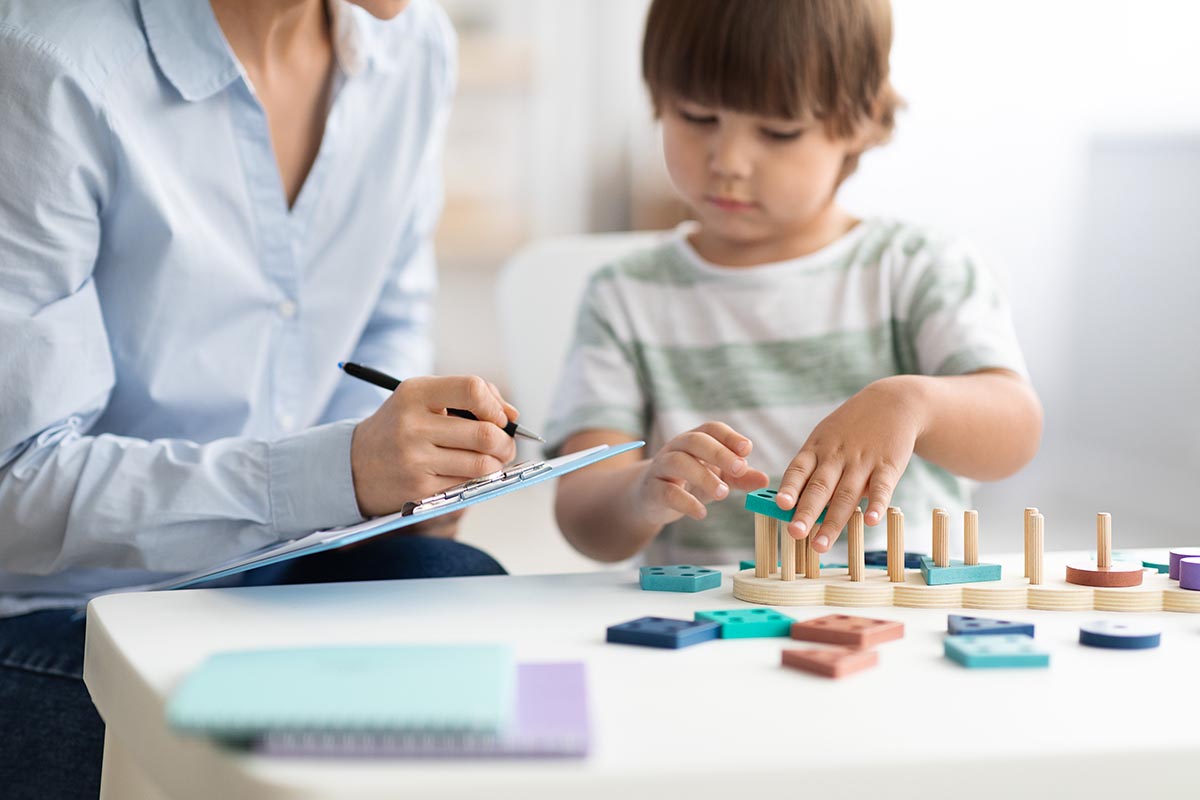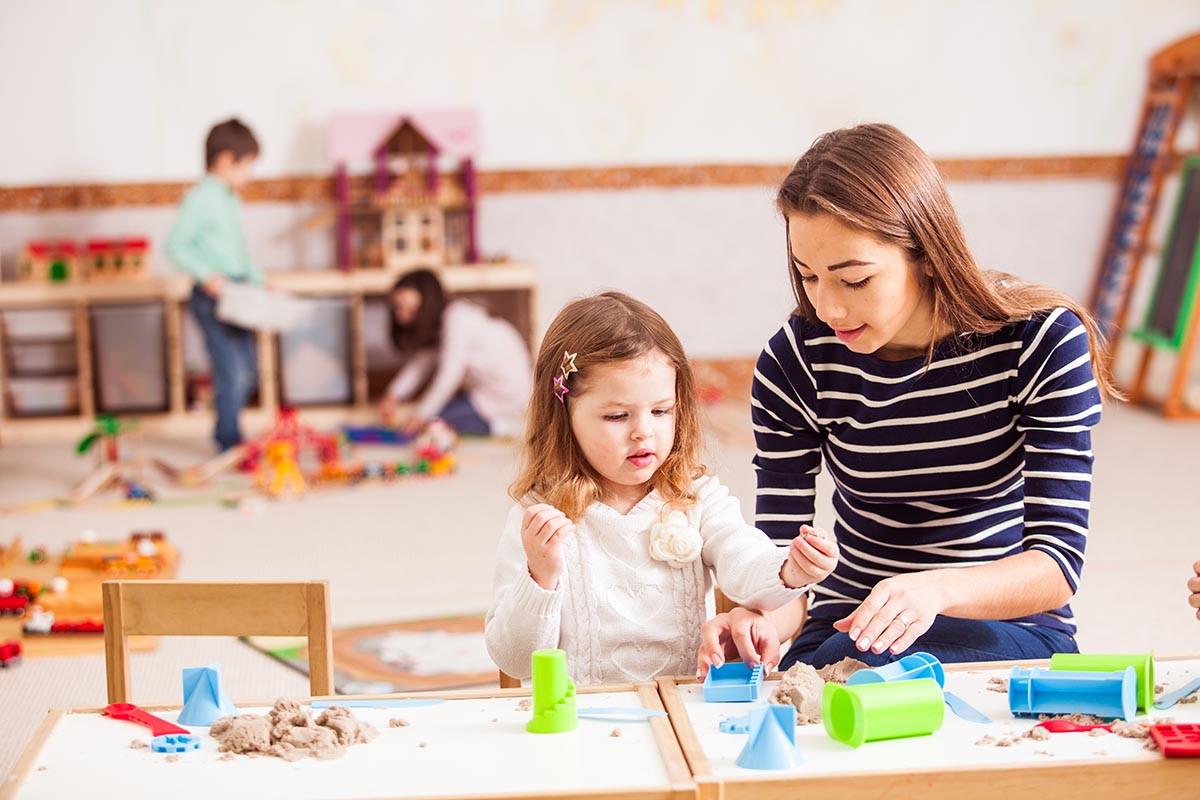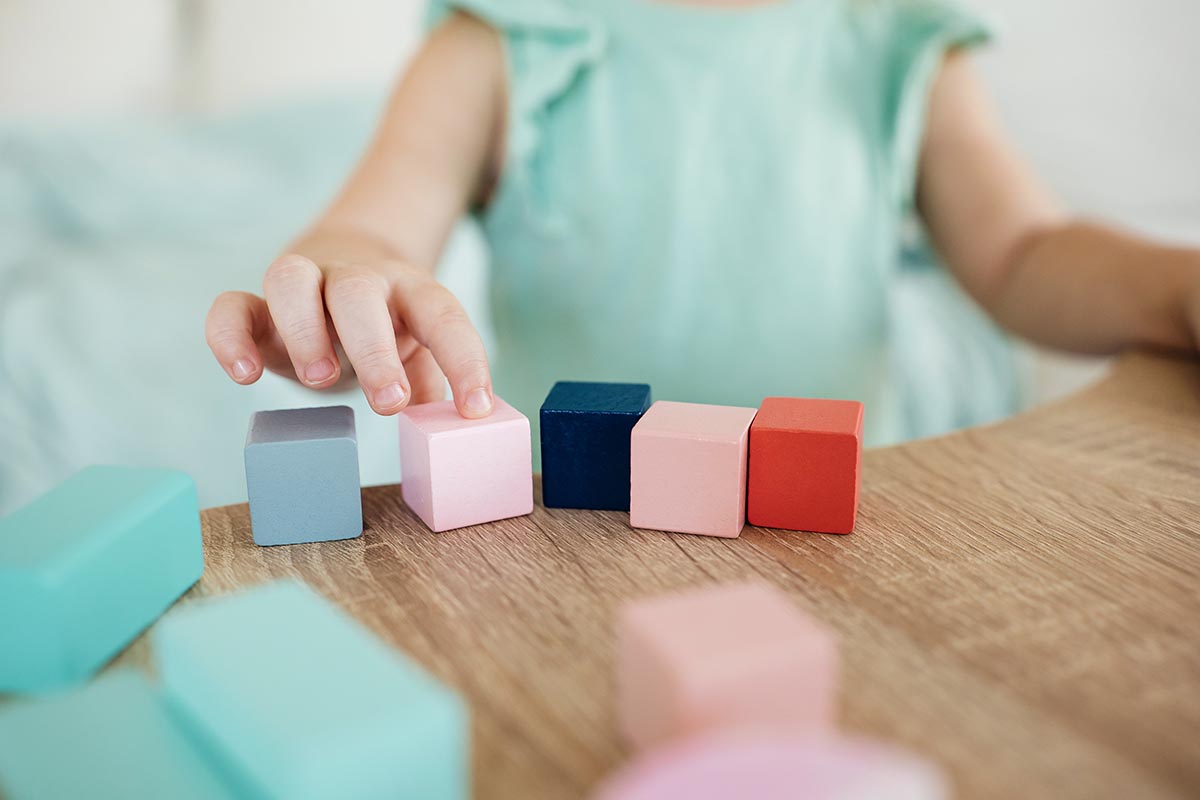The Montessori Method: Fostering Independent Learning
Today, we’re diving into the enchanting realm of the Montessori Method. A system that’s not just about learning the ABCs and 123s but about nurturing independent, free-thinking little humans. Intrigued? Let’s unravel this together!
Contents
The Roots of Montessori: A Quick History
So, where did this all start? Picture Italy in the early 1900s. Maria Montessori, an educator and physician, introduced a radical idea: what if we teach kids by letting them lead the way? Revolutionary, right? This approach focused on the whole child, their natural curiosity, and learning through hands-on experiences.
Core Principles: The Heart of Montessori
Now, let’s talk about what makes the Montessori method tick. It’s not just a teaching style you will learn about at the best Montessori schools in Atlanta; it’s a philosophy of life!
- Child-Centered Learning: Here, kids are the captains of their learning ship. They choose what to explore, setting their pace and following their interests.
- Prepared Environment: Picture a mini-world classroom tailored for kids to explore. Everything’s within reach, and every tool has a purpose.
- Guided Freedom: Think of teachers as guides on the side, not sages on the stage. They’re there to support, not dictate.
- Learning Through Doing: It’s all about hands-on learning. Kids learn by touching, moving, and experimenting, not just by listening.
A Day in a Montessori Classroom: A Peek Inside
Imagine walking into a Montessori classroom. What hits you first is the buzz of activity. Kids are everywhere, engaged in different tasks, yet there’s a sense of order. Some are solving puzzles, others are watering plants, and a few are deep in books. It’s learning in action!
Why It Works: The Magic of Independence
So, why does this method resonate with so many? The secret sauce is independence. Kids learn self-discipline and decision-making early on. They’re not just absorbing facts; they’re learning how to learn. And guess what? This sticks with them for life.
Montessori at Home: Bringing the Magic into Your Living Room
Don’t worry; you don’t need a classroom to bring Montessori home. Here are a few tips:
- Freedom within Limits: Set boundaries, but allow your kids to choose within those limits.
- Practical Life Activities: Involve them in daily chores. Cooking, cleaning, gardening – it’s all learning!
- Respect Their Choices: Trust your kids’ choices and resist the urge to take over.
The Montessori Difference: Breaking the Traditional Mold
Stepping into a Montessori classroom is like entering a new dimension of education. Forget the typical image of a classroom with rows of desks and a teacher at the front. In this world, the environment is crafted to inspire and cater to each child’s learning journey. Here’s the scoop:
- Personalized Learning Paths: In Montessori, the one-size-fits-all approach is tossed out the window. Each child is seen as an individual with unique interests and learning styles. This means that while one child might be fascinated by numbers, diving deep into mathematical concepts, another might be in a corner, engrossed in a book about dinosaurs.
- Collaborative, Not Competitive: The focus here isn’t on grades or being the best in class. It’s a community of little learners, each contributing in their own way.
- Flexible Environment: The classroom itself is a living, breathing space that adapts to the needs of the children. Everything is child-sized, from shelves to tables, empowering them to take charge of their environment.
This approach fundamentally shifts the way education is perceived from a task to be accomplished to an exciting journey of discovery.
Nurturing Future Innovators: The Long-Term Impact
What happens to kids who grow up in such an empowering learning environment? Well, they often turn into adults who are not just smart in the traditional sense but are brilliant in their creativity and problem-solving skills. Here’s why Montessori kids might be the innovators and leaders of tomorrow:
- Confident Decision-Makers: Since they’re used to making choices from a young age, Montessori kids often grow into confident individuals who trust their judgment and are not afraid to take the lead.
- Adaptable and Resilient: The Montessori method teaches children to adapt to different situations and challenges. This resilience is a crucial skill in our ever-changing world.
- Lifelong Learners: These children often develop a deep love for learning, seeing it not as a chore but as an exciting, endless adventure. This attitude sets them up for continuous personal and professional growth.
By nurturing these qualities, the Montessori Method doesn’t just educate; it shapes tomorrow’s thinkers, creators, and leaders.
Criticisms and Challenges: Not a Rose Garden
It’s not all sunshine and rainbows. Critics argue that Montessori might not suit every child, and there’s a debate on its effectiveness in later school years. Plus, access to Montessori schools can be limited. They’re often private and can be pricey.
Conclusion: Embracing a Holistic Journey
In wrapping up, the Montessori Method is more than an educational system; it’s a journey towards holistic development. It’s about nurturing curious, independent, and resilient individuals. Whether in a classroom or at home, its principles can transform the learning experience.

